Android XR vs. Meta Horizon OS: How Meta Quest and Google tech will stack up
Android XR is the evolution of past, abandoned Google projects, while Meta Horizon OS represents a decade of active development. Can Google compete with (or beat) Meta?
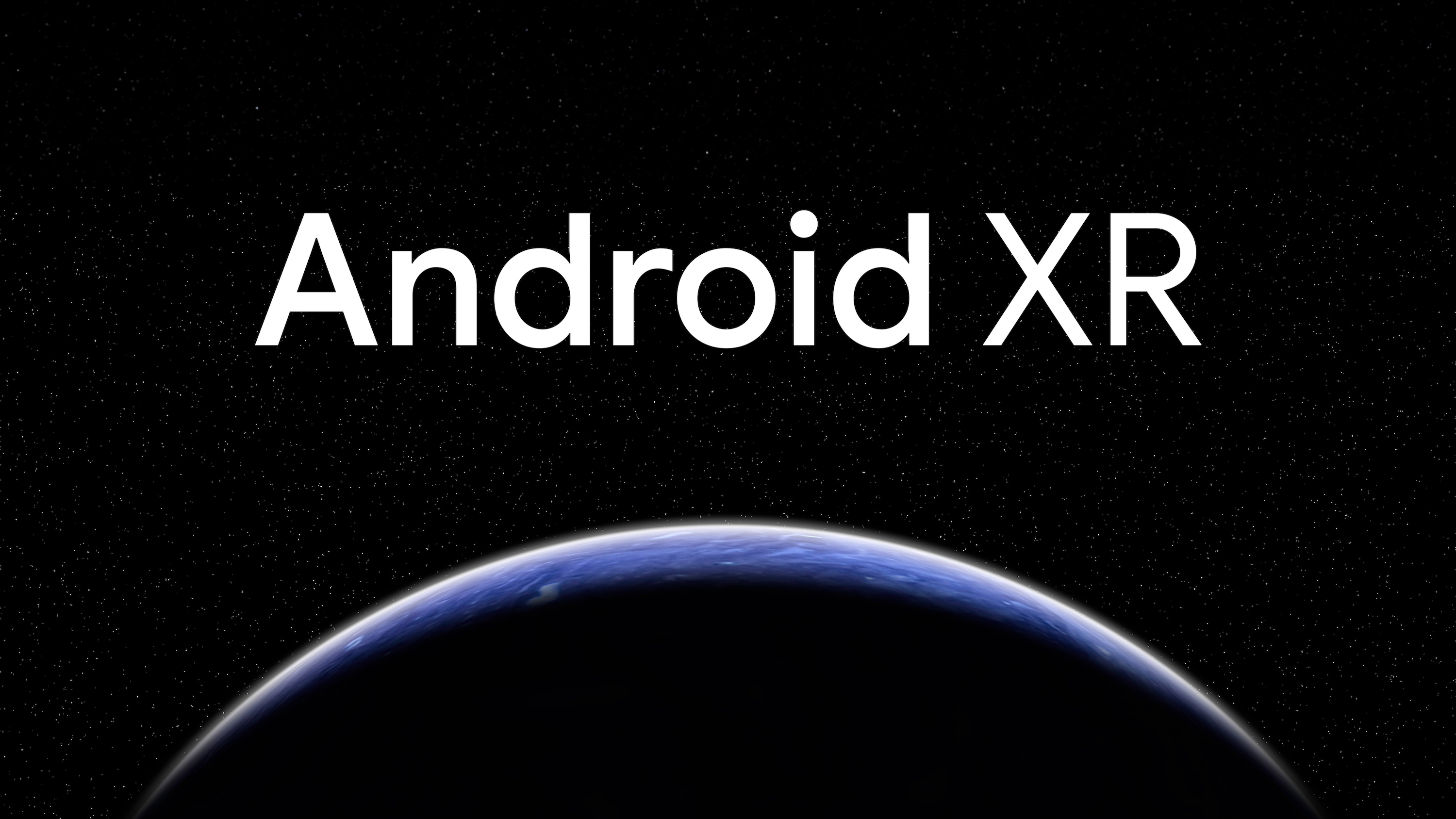
Bringing the Play Store to XR
Google's Android XR OS will offer a consistent foundation of Android apps and Gemini AI commands to mixed-reality headsets, AR glasses, and smart glasses. Assuming it doesn't join the Killed by Google graveyard, it has the potential to change the XR landscape. But the actual devices will come from partners like Samsung.
For
- Works across XR, AR, and smart glasses
- Access to Google's app library and Play Store apps (that opt in)
- Gemini AI smarts
- Snapdragon partnership
- Major partners like Samsung, Sony, and Xreal
Against
- Google has abandoned VR/AR projects before
- Google has no plans to sell its own XR hardware yet
- Google is behind Meta for gaming dev partnerships, brand awareness with gamers
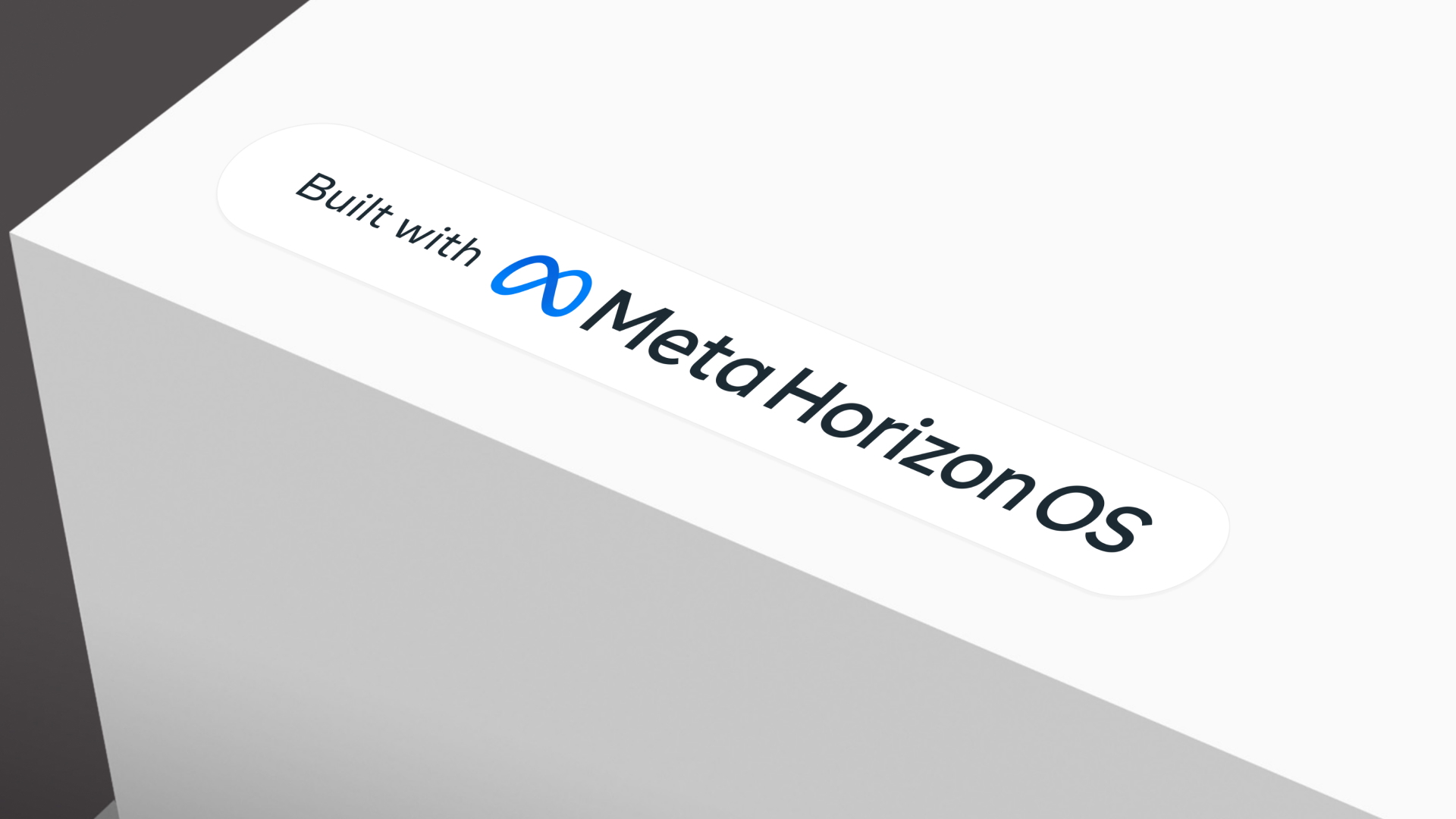
The XR Goliath to beat
Meta is best known for its Quest headsets, but its Meta Horizon OS is available to third-party partners, giving them access to the Quest gaming library, Meta AI, and an interface that's been tweaked and improved across a ton of updates. It has the edge for gaming and its sales foothold but lacks Google's access to millions of apps.
For
- Established, popular Quest and Ray-Ban hardware
- Offers massive Quest library of games
- Meta AI smarts
- Snapdragon partnership
- Major partners like ASUS ROG, Lenovo, and Xbox
Against
- Reality Labs behind XR is hemorrhaging money
- A major dearth of non-gaming apps
- Doesn't have the benefit of close phone synchronicity or an app store
You might think it's premature to compare Android XR vs. Meta Horizon OS, given that we won't see any Android XR headsets until 2025 at the earliest. But based on everything Google has explained about Android XR's features, hardware, and software, it's remarkable how similar these two operating systems will be.
Unlike Apple with its productivity-focused Vision Pro, Google and Samsung have said they intend to make gaming a central tenet of Android XR, meaning they'll have to challenge gaming headsets like the Meta Quest 3S.
Otherwise, Google's software plans for XR headsets, AR glasses, and smart glasses all directly oppose Meta, the established or aspiring rival in each category. The big question will be whether Google is willing to lose billions on XR development the way Meta has been or if it'll kill Android XR like so many other initiatives if it's unprofitable.
We should see a major influx of VR headsets and smart glasses from Google and Meta's partners, running either Android XR or Meta Horizon OS. We'll be following developments closely for both, but if you're weighing buying your next XR purchase for gaming, productivity, or development, this guide will run through what to expect with either operating system.
Android XR vs. Meta Horizon OS: Hardware and controls
Meta Quest headsets depend on Snapdragon chips, optimized to run graphics-heavy programs and a dozen sensors or cameras at once. Meta itself said that the Snapdragon XR2 series is "tightly integrated with our software and hardware stacks" and that Horizon OS partners will benefit from their "long-term partnership with Qualcomm."
Google also "collaborated" directly with Qualcomm when designing Android XR, which is unsurprising given its specialization in the XR space. It specifically declared the Snapdragon XR2 Plus Gen 2 as the backbone behind upcoming Android XR headsets. Qualcomm will make its Snapdragon Spaces XR platform fully compatible with Android XR, and they are "focused on helping to build and scale the Android XR ecosystem."
We expect the performance level for Google and Meta headsets (or their partner brands) to be very similar and dependent upon which generation of Snapdragon SoC they use. The main differences will come down to specific partners' hardware choices, like the cameras, controllers, and amount of RAM.
Be an expert in 5 minutes
Get the latest news from Android Central, your trusted companion in the world of Android
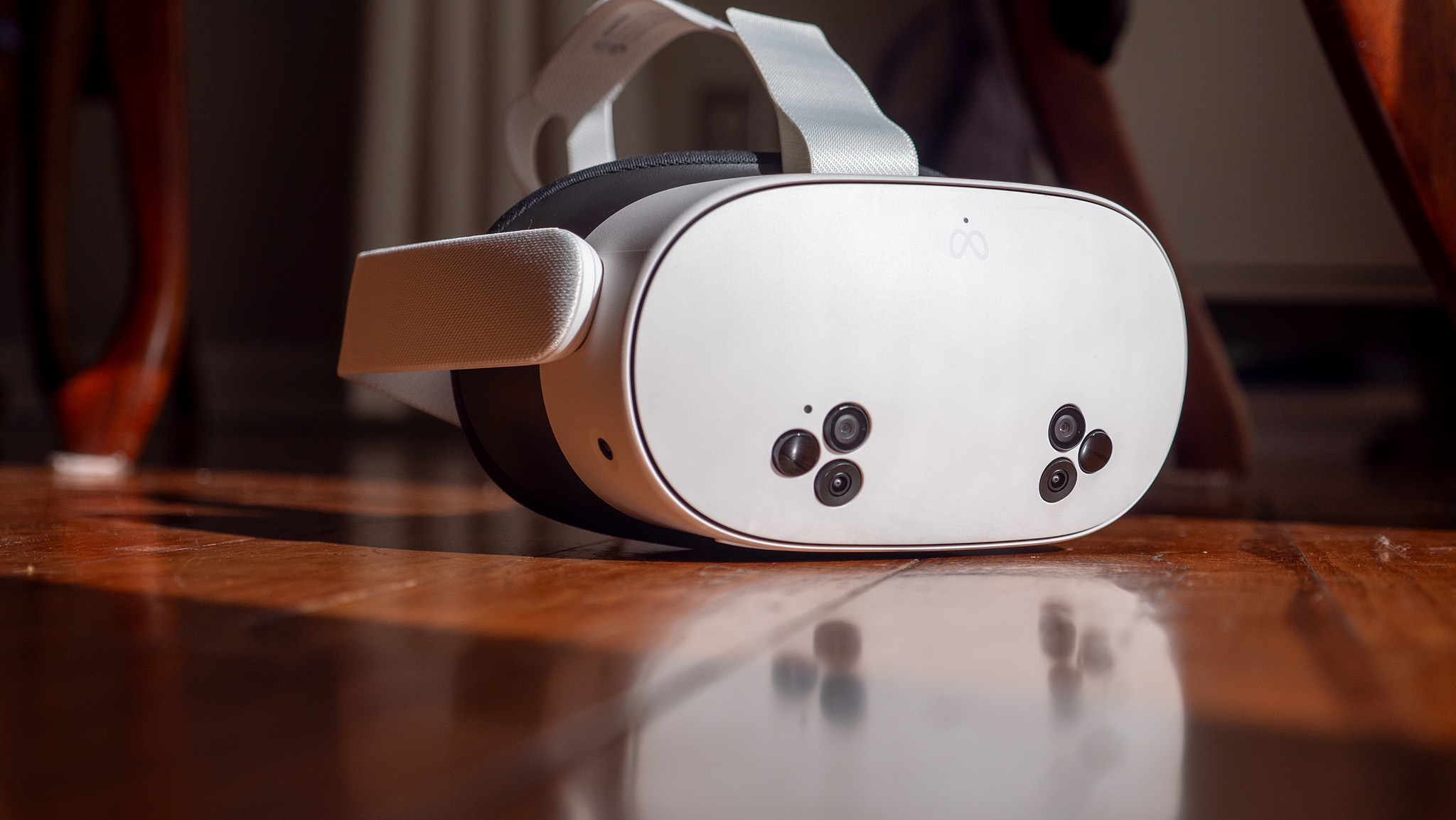
Based on everything Google has said or shown about Android XR, the operating system can support controller tracking, hand tracking, eye tracking, and voice-controlled commands. So, any given Android XR headset or glasses could ship without controllers and rely solely on pinching and showing information where you're looking; otherwise, they can support proper gaming controllers. It's all up to the OEM.
Meta supports all of these controller options through the Meta Horizon OS. It hasn't offered eye tracking on a headset since the defunct Quest Pro, but we suspect Meta may re-add eye tracking to the Quest 4 since Apple and Google are both making it a point of emphasis.
There isn't too much else to say about hardware until we try Samsung's Project Moohan or Google's smart glasses for ourselves. Meta's Quest headsets are well known for their strengths — affordability, lightweight and wireless design, reliable tracking — and weaknesses — battery life and the need for comfort upgrades.
Android XR vs. Meta Horizon OS: Partnerships
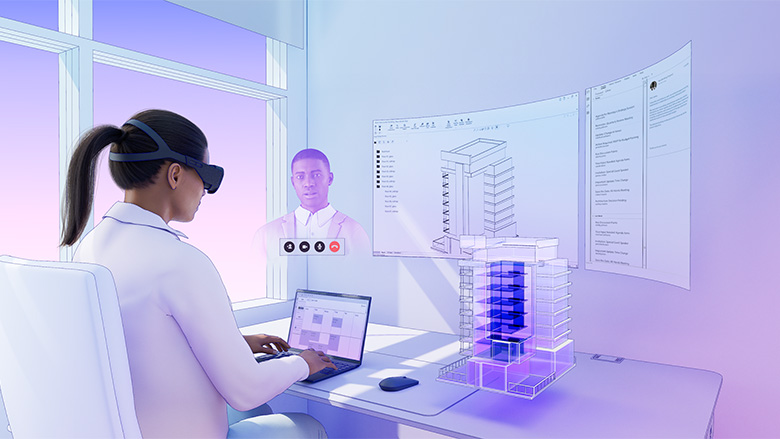
Meta Horizon OS has changed its name a couple of times (starting with Oculus), but it's the proprietary OS behind its Quest headsets. In April 2024, Meta opened up Horizon OS to third parties, announcing that Lenovo and ASUS ROG would make a productivity and gaming headset, respectively, with the same OS and software as first-party Quests. Meta also intends to make a Quest "inspired by Xbox" in partnership with Microsoft. We don't know yet when these devices will arrive.
Based on our demo with the Meta Orion AR glasses and our time wearing the Ray-Ban Meta smart glasses, they share many of the same OS tools and AI tricks as the Quest headsets. So, we think it's fair to lump them into the same Meta Horizon OS umbrella.
While Meta took years to open up its system to others, Google is making Android XR available to other brands from the start without its own (public) hardware plans. Google developed Android XR in tandem with Samsung, which will sell its mixed-reality headset — codenamed Project Moohan — in 2025. Google has its own smart glasses prototype, but we don't know if they'll ever be available to consumers.
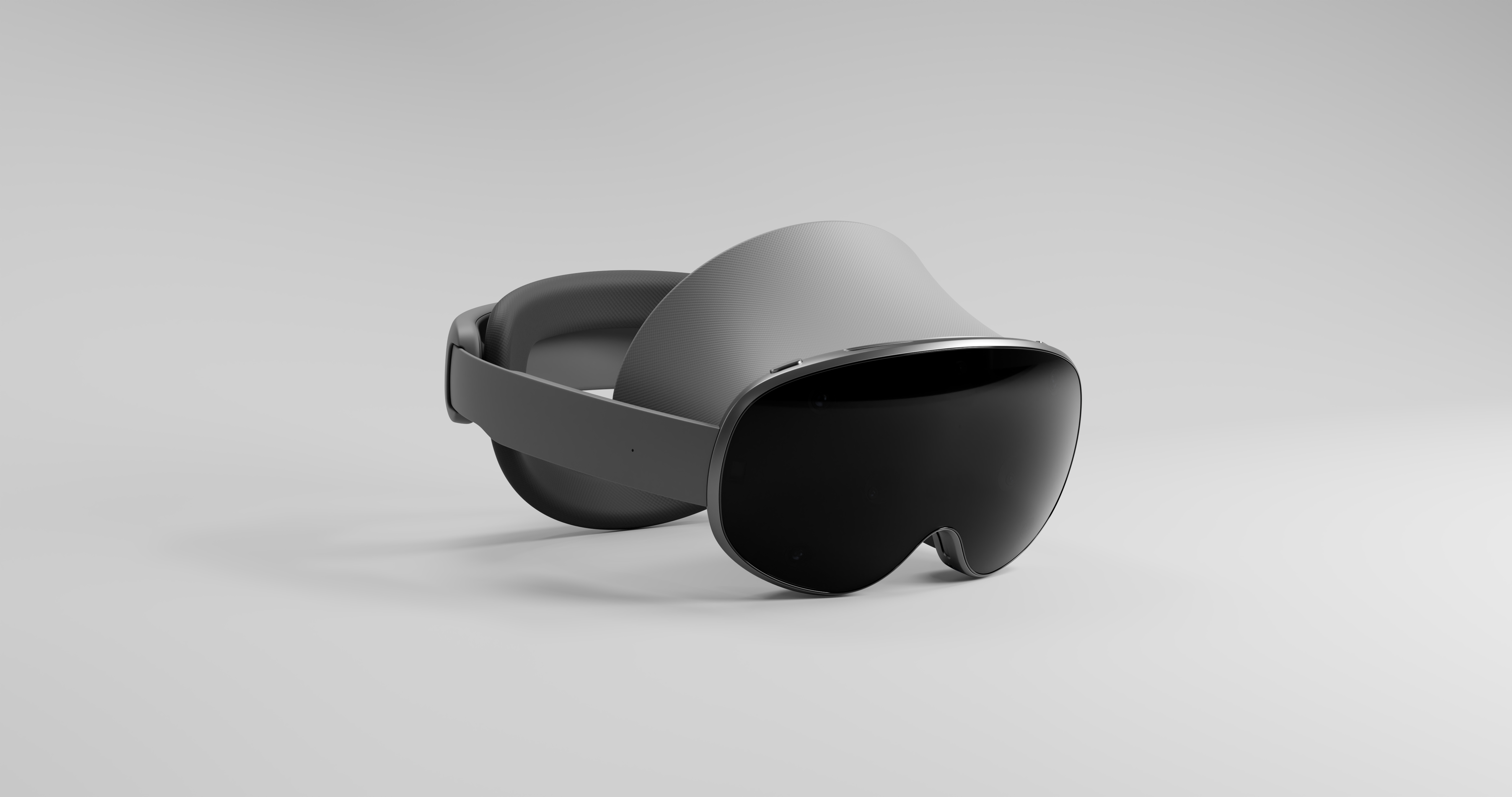
Google also has other partners who plan to sell Android XR devices: Xreal, Sony, and Lynx. Sony already announced its mixed-reality headset at CES 2024, and Xreal previously hinted that it intended to make its glasses compatible with a multimodal AI on your phone, meaning Google Gemini.
Google has explicitly said Android XR will work for AR and smart glasses. Meta announced Horizon OS as "our open mixed reality ecosystem" and did not mention glasses, so it may not intend to share its software with anyone targeting this form factor — or at least not yet.
Android XR vs. Meta Horizon OS: Software, games, and apps
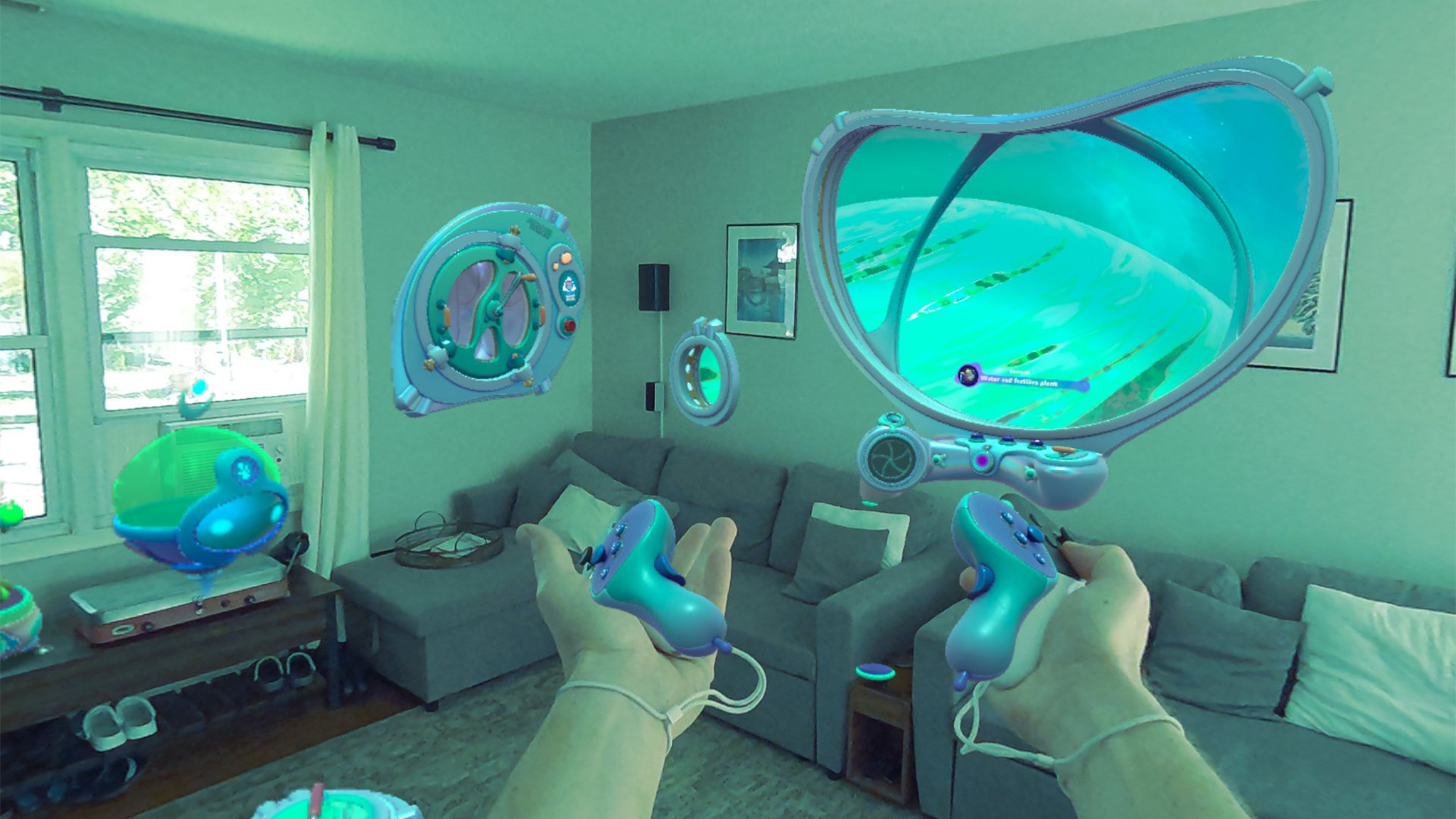
Meta regularly updates its devices with new software features, but it does so by device: the Meta Quest is on v72 as of December 2024, while the Ray-Ban Meta smart glasses are on v11. It's not clear how Meta will handle feature updates for third-party headsets, but it is clear that they update things quickly rather than wait for annual updates.
It's also fair to point out that Meta's software is highly focused on gaming. It has a few 2D progressive web apps (PWAs) since it can't use traditional App or Play Store apps, but only a few big-name apps like YouTube, Xbox Cloud Gaming, and a few streaming apps with basic VR theater modes. For the most part, you'll be spending your time in the Quest browser.
On the gaming front, every VR or MR developer focuses on the Quest first and foremost since that's where the money is. Our best Quest games list and the upcoming Quest games list should show just how much content there is available — and third-party Meta Horizon OS headsets will get that same content, from virtual experiences to mixed-reality titles that make your living room visible.
Admittedly, developers are annoyed with Meta at the moment over its mess of an app store, which spends more real estate highlighting the Horizon app over new games. So, if Google provides a better alternative and makes porting games easy, we're sure some developers will jump on board. The question is whether gamers will follow and move over to either Samsung or any other Android XR partner when their current gaming library is on the Quest.
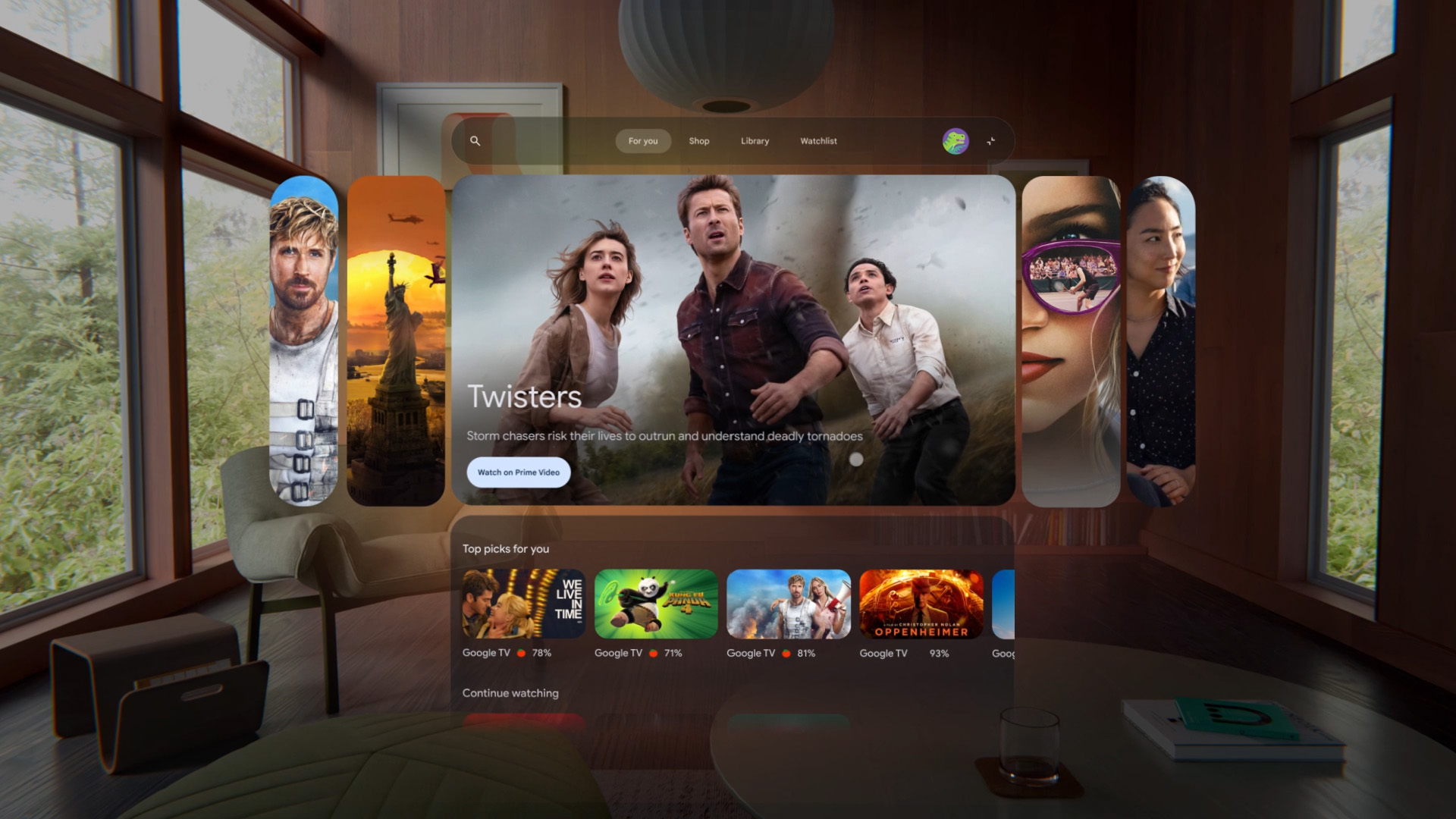
On the Android XR front, Google is promising app developers an easy pipeline to their apps appearing on their headsets. It supports "ARCore, Android Studio, Jetpack Compose, Unity, and OpenXR," and there is already substantial documentation for devs to start using the Android XR SDK.
Google says any current Play Store developer can "opt in" to Android XR and have their app "just work" because of this built-in compatibility. But we assume this would simply mean that the app works as a 2D window in virtual space, not that it'll have any XR optimization. And it's not clear how many major developers will opt into Android XR, based on the difficulties Apple had getting Vision Pro buy-in.
So far, only a few third-party apps like Adobe, Calm, and MLB have officially signed on. However, even a tiny fraction of the Play Store's app collection would give Google the edge. It also has the advantage of its own apps: being able to include Google Drive and Gmail gives an automatic edge for productivity users. Chrome is a more popular and polished browser option than Meta's, and YouTube and Google TV will provide popular streaming options.
Plus, Google has the ability to fully sync its Android XR software with your other Android devices, specifically your phone. Just like Wear OS watches benefit from close synchronization for functions like messaging, Android XR headsets and glasses could have functions that Meta can't offer as easily.
Google has promised full gaming support for Android XR, and many Quest games use OpenXR, allowing for cross-platform compatibility. However, the built-in Quest audience will make it a higher priority for developers, and the specter of Stadia's failure could make gaming developers leery about investing too much time in the platform.
Android XR vs. Meta Horizon OS: Gemini & Meta AI

Google Gemini and Meta AI are two of the most well-known AI options available today. Gemini Live is getting a major marketing push as this conversational tool on your phone, while Ray-Ban Meta smart glasses just got its own Live AI and live translate update for hands-free Meta AI conversations.
We can't say whether Gemini or Meta AI is better, but they're both backed by billions of dollars in R&D and teams of engineers, pushing out new, smarter versions at regular intervals. At the moment, both are as prone to hallucinations and misinformation as any other AI.
In the short term, headsets like Project Moohan and the Quest 3 will offer AI tools, but they won't be the device's focus. Most people are still buying XR headsets for gaming, and you don't need AI for that. It's when we start to see more smart & AR glasses for outdoor use that the AI will really matter, in our opinion.
Google has said that the "Gemini era" is why Android XR will succeed where past Google VR and AR projects, so whether or not you get invested in the platform may depend on whether you think Gemini will be smart enough to be a real-time multimodal assistant in the next few years.
Android XR vs. Meta Horizon OS: Can Google make a name for itself?
Android XR has the potential to become the most exciting version of Android in years. However, so much of its potential depends on how well partners like Samsung take advantage of it. Samsung is one of the most popular tech brands in the world, and its hardware and software knowledge helped revive Wear OS from metaphorical life support, but Samsung and Google are both in the business of making money, and XR has historically proven to be difficult to profit from. Just ask Meta!
We can also look at the example of the Apple Vision Pro, which has a gorgeous design, excellent UI, and opt-in apps from its App Store but has largely failed to make a huge impact. It's in part because of its overpriced headset but also because the audience for a wearable productivity device is relatively small.
Samsung will have to compete with the established Meta Horizon brand on the gaming front or hope that it can do better than Apple at a lower price point. And if any Android XR brand hopes to sell AR glasses, they'll have to deal with the simple fact that they seem extremely difficult to create in a lightweight, functional form factor.
All of that is to say; Android XR seems to have some factors stacked against it while also having the advantage over Meta's rival OS in key areas like apps and a full device ecosystem. We're excited to see whether or not Android XR lives long enough to truly make a difference in the XR industry!
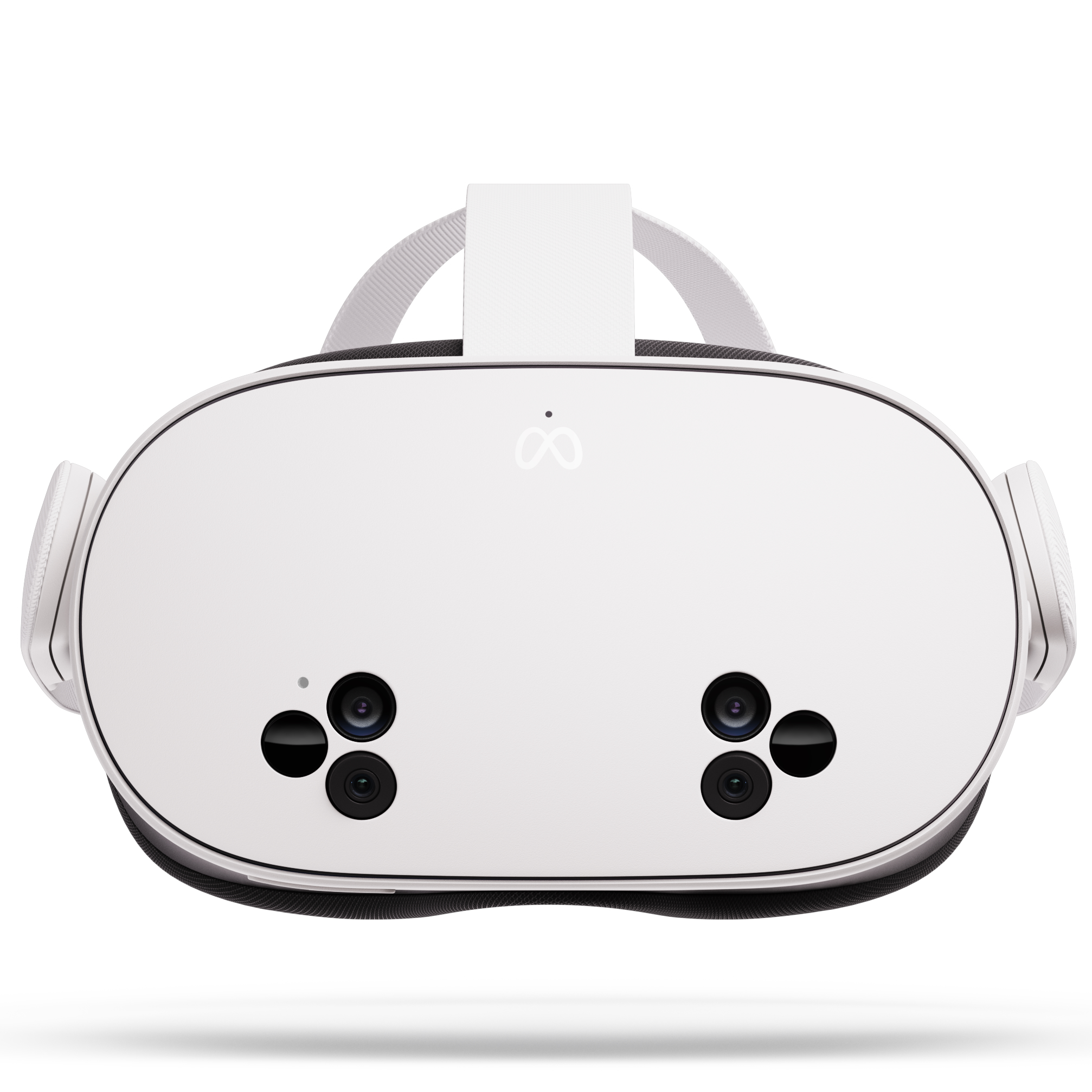
The standard, now in a cheaper package
The Meta Quest 3S is like having a Quest 3 but without having to spend several hundreds of dollars. There are a few downgrades, but the experience is largely the same and you'll have access to all the best VR games.

Michael is Android Central's resident expert on wearables and fitness. Before joining Android Central, he freelanced for years at Techradar, Wareable, Windows Central, and Digital Trends. Channeling his love of running, he established himself as an expert on fitness watches, testing and reviewing models from Garmin, Fitbit, Samsung, Apple, COROS, Polar, Amazfit, Suunto, and more.
You must confirm your public display name before commenting
Please logout and then login again, you will then be prompted to enter your display name.
